Table of Contents
ToggleSources
- https://www.law.cornell.edu/constitution/first_amendment
Cornell Law School provides the full text and legal interpretation of the First Amendment, making it an authoritative source for understanding the constitutional protections of speech, press, assembly, petition, and religion. - https://www.uscourts.gov/educational-resources/educational-activities/first-amendment-and-religion
The U.S. Courts website offers educational resources on the First Amendment, specifically detailing how it protects religious freedom, which aligns with the blog post's focus on religious liberty. - https://www.pewresearch.org/religion/fact-sheet/religious-restrictions-around-the-world/
Pew Research Center provides data and analysis on religious freedom globally, offering context for the blog post's claim that the U.S. robustly protects religious freedom compared to other nations. - https://www.aclu.org/issues/religious-liberty
The American Civil Liberties Union (ACLU) is a leading authority on civil liberties, including religious freedom, and provides case studies and legal perspectives that support the blog post's arguments. - https://www.supremecourt.gov/opinions/boundvolumes.aspx
The official U.S. Supreme Court website provides access to its opinions, which can be used to verify cases mentioned in the blog post, such as those affirming religious freedom protections.
Key Points
- The 1st Amendment of the U.S. Constitution guarantees five basic freedoms: speech, press, assembly, right to petition the government, and religion.
- Freedom of religion allows individuals to practice any religion without government interference, as protected by the Free Exercise Clause.
- Religious freedom is considered an inalienable right, deeply rooted in America's origins and respected by figures like George Washington and James Madison.
- The U.S. is one of the few nations that robustly protects religious freedom, allowing diverse faiths to coexist peacefully.
- Religious organizations provide essential public services, such as shelters and schools, serving millions annually without discrimination.
- Restricting religious freedom could harm other civil liberties, such as free speech and economic freedom, and limit access to jobs and services.
- Religious liberty applies not only to individuals but also to organizations, businesses, and charities, which are considered 'legal persons.'
- The government cannot regulate religious practices or force changes in religious beliefs, as affirmed by the Supreme Court.
- Freedom of religion prevents the religious majority from imposing its will on minorities, maintaining a balance of power.
- The 1st Amendment was ratified on December 15, 1791, as part of the Bill of Rights.
Summary
The blog post highlights the importance of the First Amendment's protection of religious freedom in the U.S., allowing individuals and organizations to practice their faith without government interference. It emphasizes how this freedom fosters diversity, enables interfaith coexistence, and supports charitable services benefiting millions. The post also notes that while religious liberty is robustly protected, it is not absolute and can be restricted to ensure public safety and common good.
The 5 Basic Freedoms
The five basic freedoms laid out in the 1st Amendment of the United States Constitution are:
- Speech
- Press
- Assembly
- Right to Petition the Government
- Religion
In the United States, people can practice any religion they want without the government telling them what to do or stopping them. This is called the freedom of religion.
The First Amendment Protects Religious Freedom
Congress cannot either create its own state religion or restrict the free practice of a religious belief.
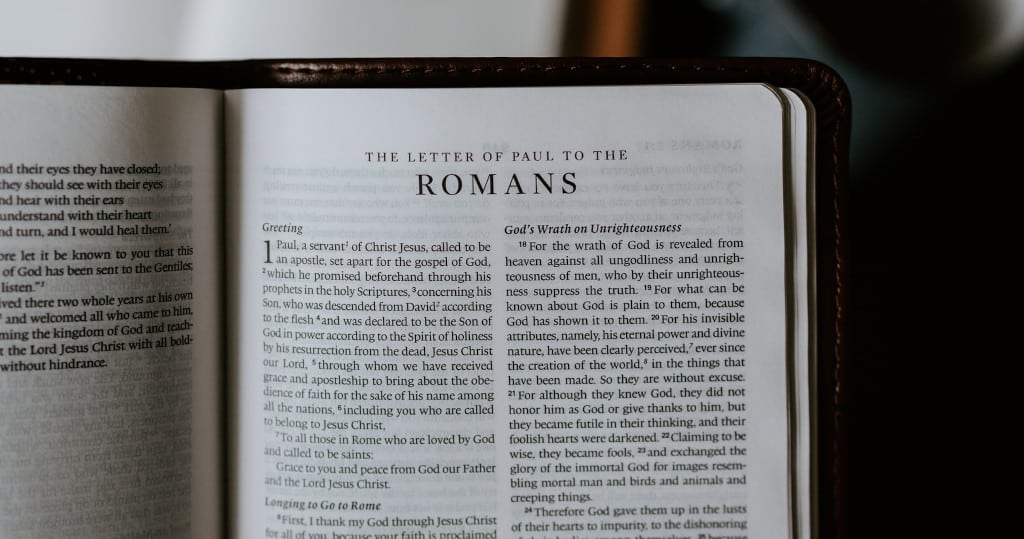
It is stated in the Free Exercise Clause that all Americans have the right to execute their religious freedom without any sense of paranoia that government action will interfere or persecute them for doing so.
It is a part of America’s origins, since the times of George Washington, to fulfill the desire to seek each one’s personal truth about God and live one’s life according to one’s beliefs without fear of religious persecution.
James Madison has described this freedom as an inalienable right. And the United States is one of the few nations in the world that robustly protects freedom of religion.
A Freedom Endowed by Our Creator
The Declaration of Independence also respects that these rights to one’s beliefs are gifts from God.
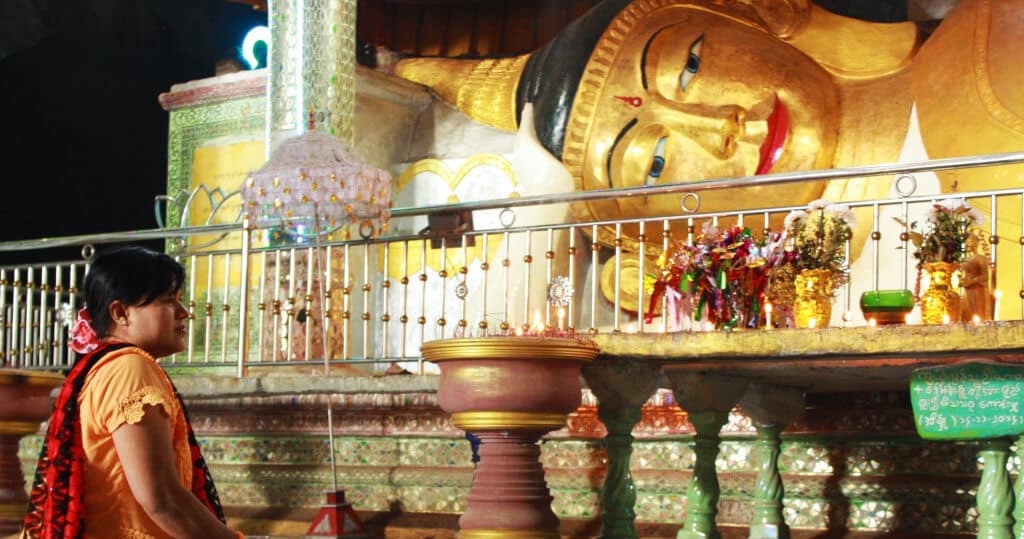
The United States Constitution and other legal protections available for Americans continue the tradition of respecting freedom of religion in the land.
Different Religions Live Together in Peace
This religious freedom has permitted men and women of different faiths to worship in their churches, temples, synagogues, mosques, and other structures.
It has also allowed them to live in their own homes and design and decorate them with their religious emblems.

The freedom of religion has also made it possible for them to work in different industries or conduct business with colleagues who each have their own beliefs.
It has also allowed them to be educated in schools wherein their neighboring classmates in the classroom could be Muslim, Christian, Jewish, or Buddhist.
Religious Freedom Is More Than Just Going to Your Temple
You don’t have to go against your core values and beliefs to conform to the federal government.
You will have no problem if you don’t conflict with other people’s freedoms with different faiths.
Who Are the Beneficiaries of Religious Freedom?
Everyone – Jews, Christians, Muslims, Mormons, Hindus, even atheists, and agnostics – benefit from freedom of religion.

Freedom of religion preserves the diversity of the United States. Everyone can express and practice their religion without fear of interference, punishment, and unjust burdens from the federal government.
The Benefits of Religious Freedom
An estimated 350,000 religion-affiliated organizations operate public service functions across the country.
These include soup kitchens, homeless shelters, schools, pregnancy resources, unwed mothers and rape victims resources, drug addiction programs, adoption centers, orphanages, and other services that focus on underprivileged people.

Such organizations operate on the pretext that they don’t discriminate on serving people with different beliefs. Everyone is welcome as long as they need the specific services of the group.

Get Smarter on US News, History, and the Constitution
Join the thousands of fellow patriots who rely on our 5-minute newsletter to stay informed on the key events and trends that shaped our nation's past and continue to shape its present.
They serve an estimated 70 million Americans annually and have an estimated budget of over $45 billion.
What Happens When Religious Freedom Is Restricted?
If the freedom of religion was restricted, then Americans might not be granted access to jobs offered by people of different faiths.
Organizations might not provide social services to people that hold an opposing religious belief but have a desperate need for their services.

Religious freedom restrictions also harm other civil liberties like free association, free speech, and economic freedom.
It could force schools with core beliefs concerning marriage, family, sexuality, and contraceptives to compromise. It might discourage them from serving their communities with the usual passion.
The United States Supreme Court has even affirmed that the government cannot compel faith-based organizations, colleges, and universities to purchase abortion-inducing drugs if they violate their sense of morality.
Are Religious Freedom Protections Only Enjoyed by Individuals?
Religious liberty applies to individuals and organizations, including businesses and charities.

When people with their own personal beliefs combine resources and create businesses, associations, and charities, the organization they form is now a “legal person.”
They don’t have to give up their rights or beliefs when operating a business or an association.
Does the Changing of Laws and Opinion Force a Faith To Conform?
The government cannot engage in the business of regulating religious practice, policy, or ideas. One basic anchor of many faiths is that their truth is eternal and will never change.
If the government were to mandate new religious practices, this would go against the freedom of conscience.
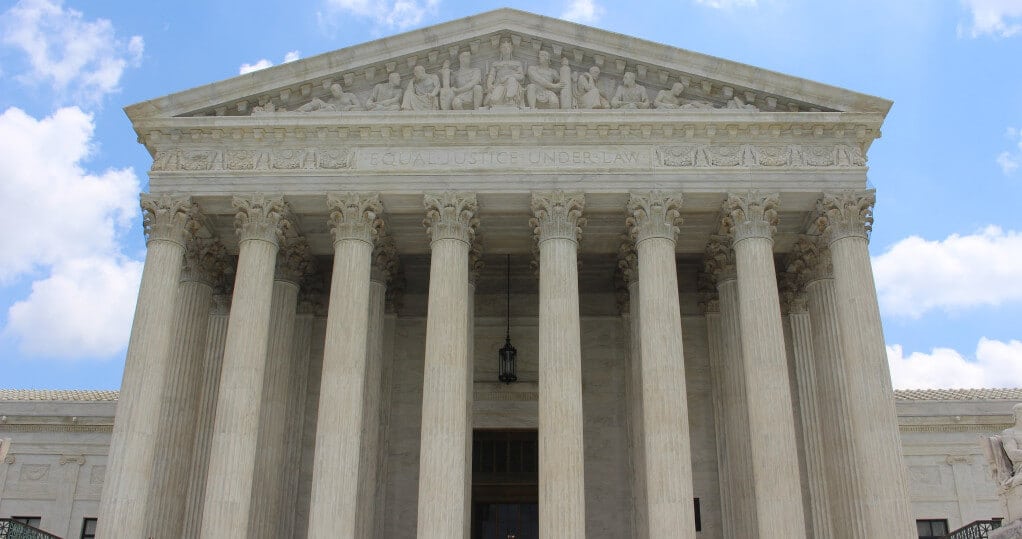
The Supreme Court affirmed this hands-off policy when it disapproved of the idea that any official can compel any citizen to prescribe to any orthodox belief in politics, religion, nationalism, or other matters that need an opinion.
The Supreme Court also says these officials cannot force citizens to confess by word or act their faith.
Under the Cover of Religion, Can People Do Whatever They Want?
The government can restrict freedom of religion if necessary to promote justice and the common good and to maintain peace and order.
This tests the government’s ability to know its limits when restricting religious liberty if it is risking people’s lives and health.
One example is when a man physically abuses his family. Freedom of religion will not protect him even if he claims his faith made him do his deeds.
The Religious Majority Can’t Dictate to Anyone
What is also beautiful about freedom of religion is that it prevents the religious majority from benefiting from the state’s power to impose its will on religious minorities.
It prevents the government from becoming so powerful that they can dictate how people think and act.
When Was the 1st Amendment Ratified?
The 1st Amendment was ratified as part of the Bill of Rights on December 15, 1791.
First Amendment Freedoms - Freedom of Religion Quiz
Frequently Asked Questions
What are the five basic freedoms protected by the 1st Amendment of the United States Constitution?
How does the 1st Amendment protect religious freedom in the United States?
Who benefits from the freedom of religion in the United States?
What are some of the benefits of religious freedom in the United States?
Can the government restrict religious freedom under any circumstances?
How useful was this post?
Click on a star to rate it!
Average rating / 5. Vote count:
No votes so far! Be the first to rate this post.
We are sorry that this post was not useful for you!
Let us improve this post!
Tell us how we can improve this post?


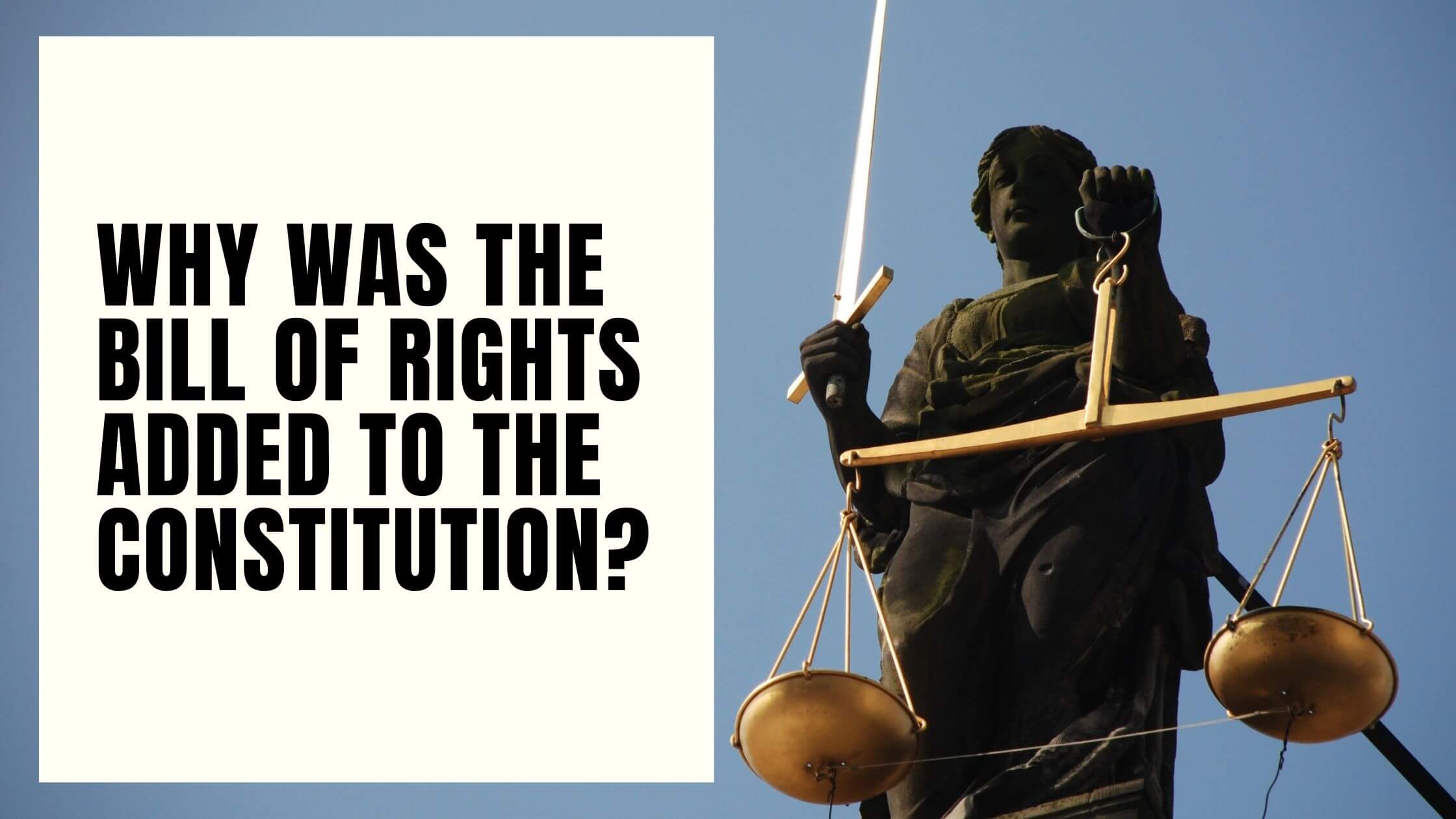

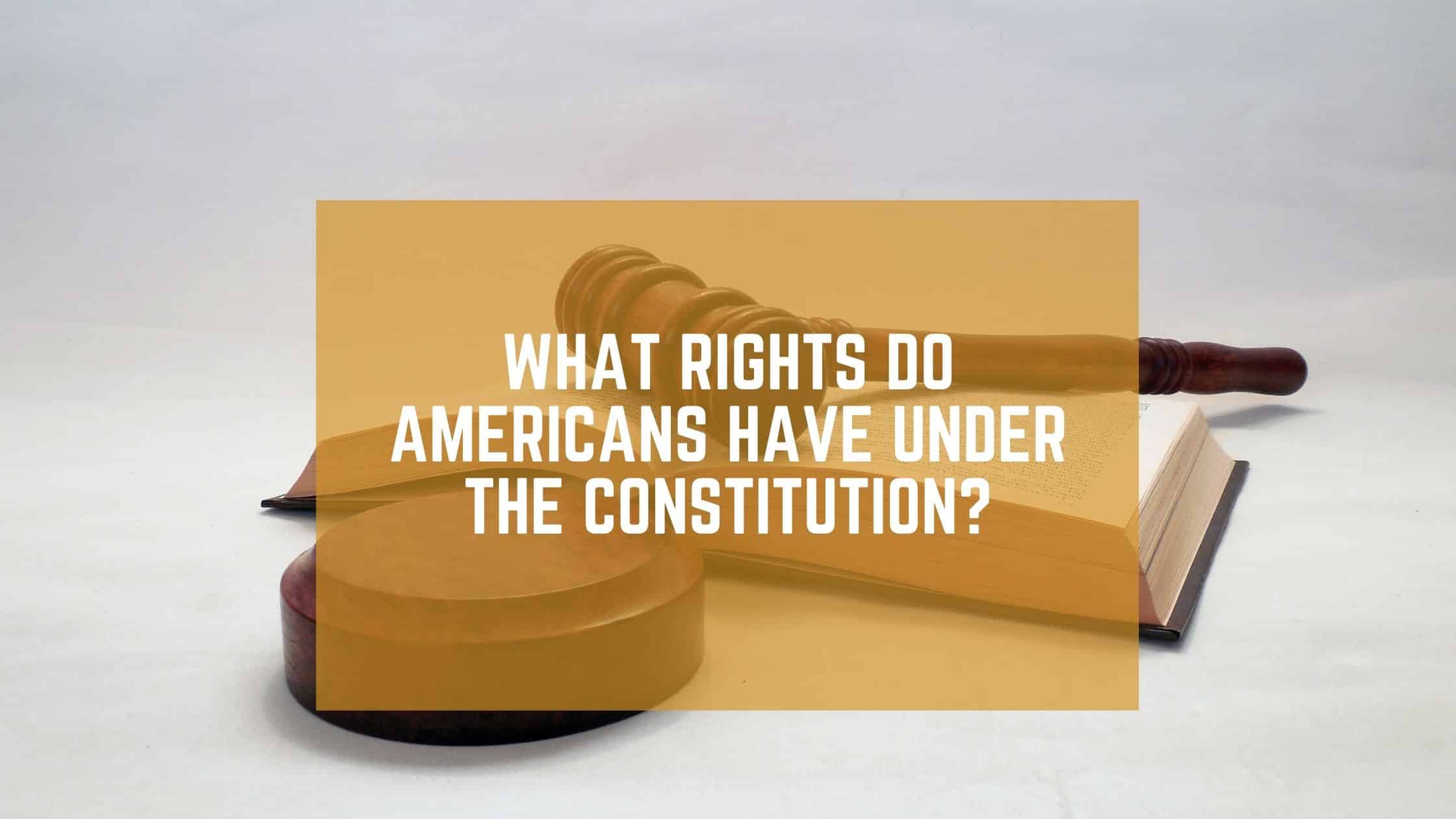
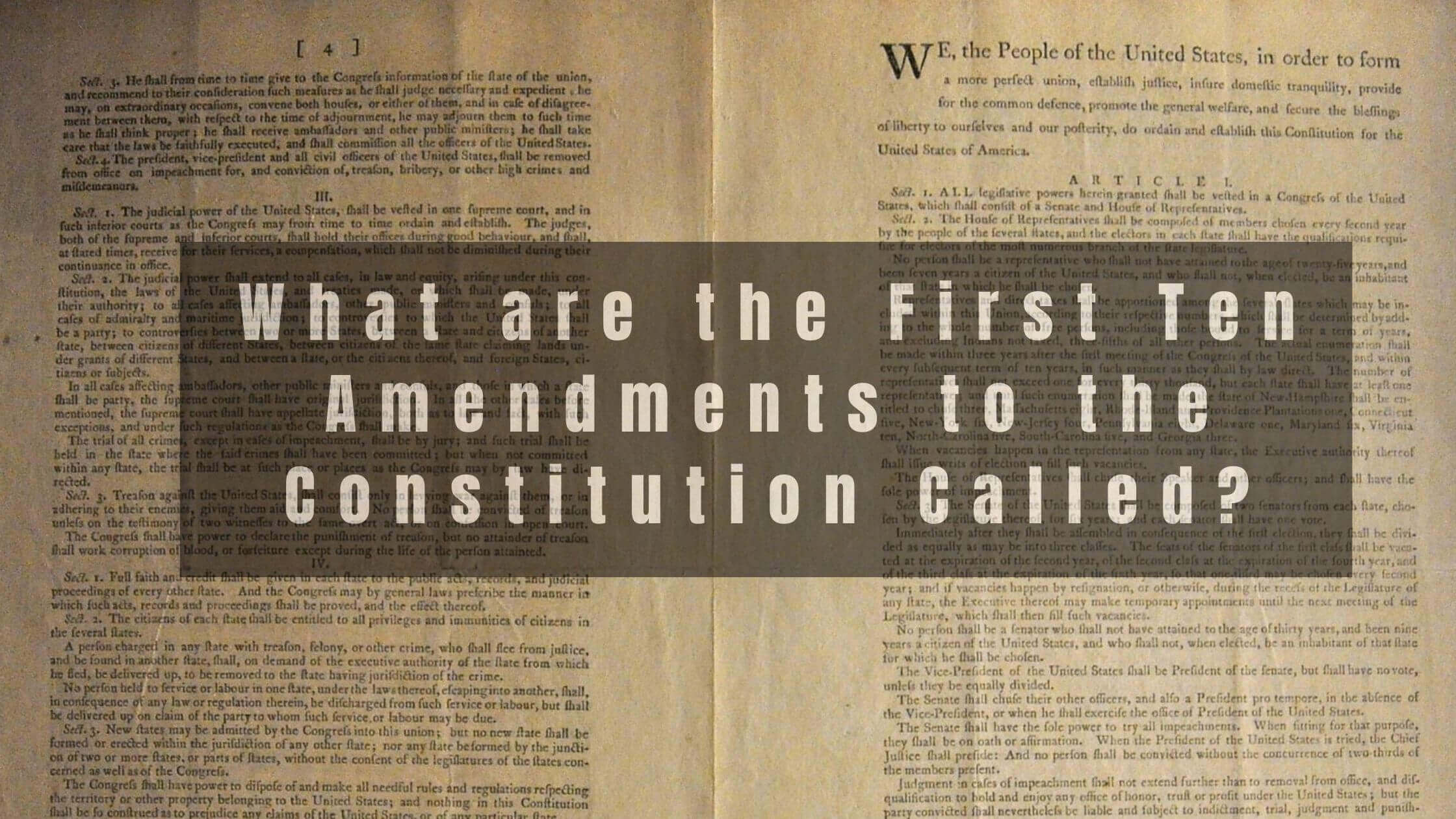
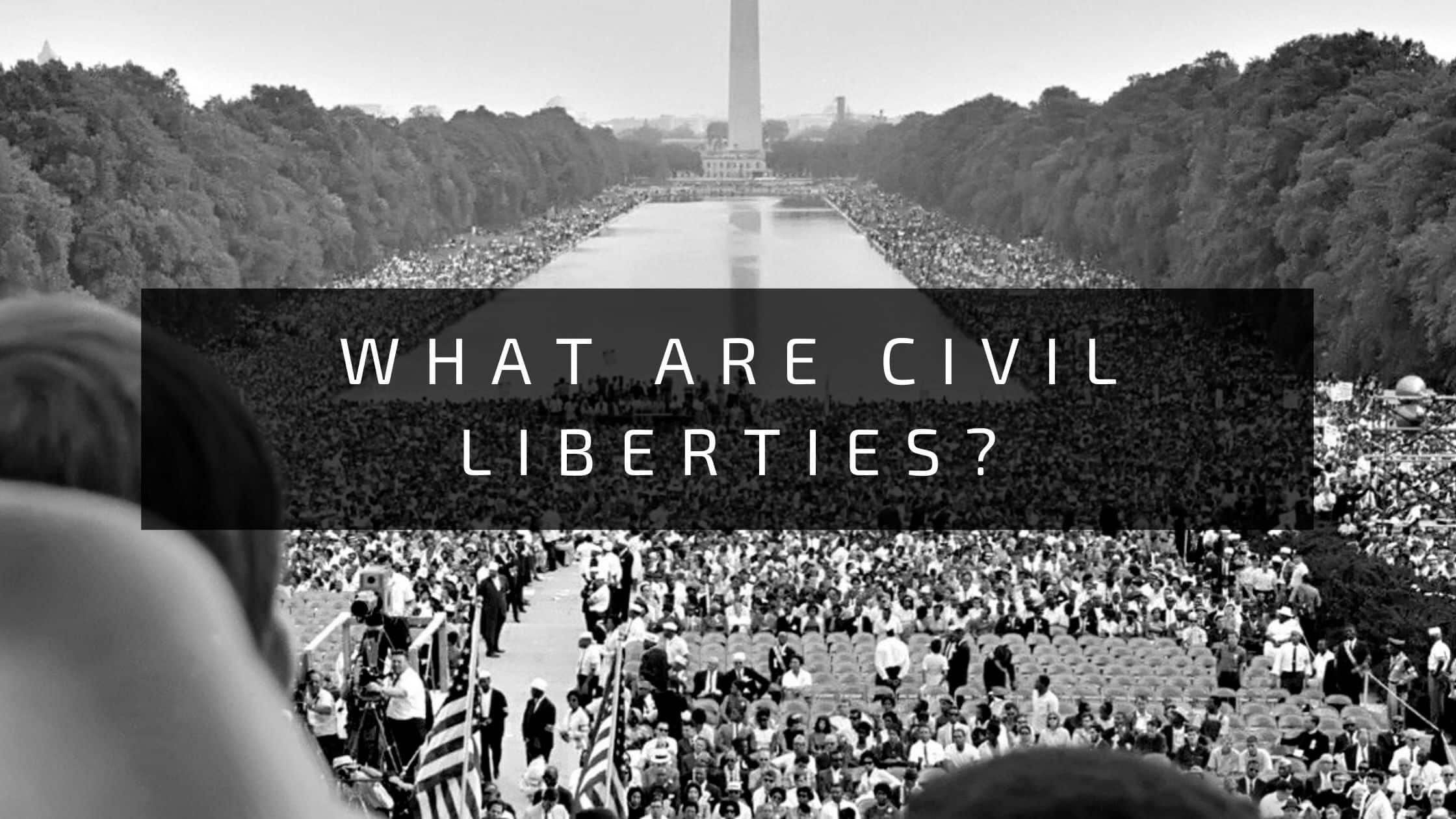
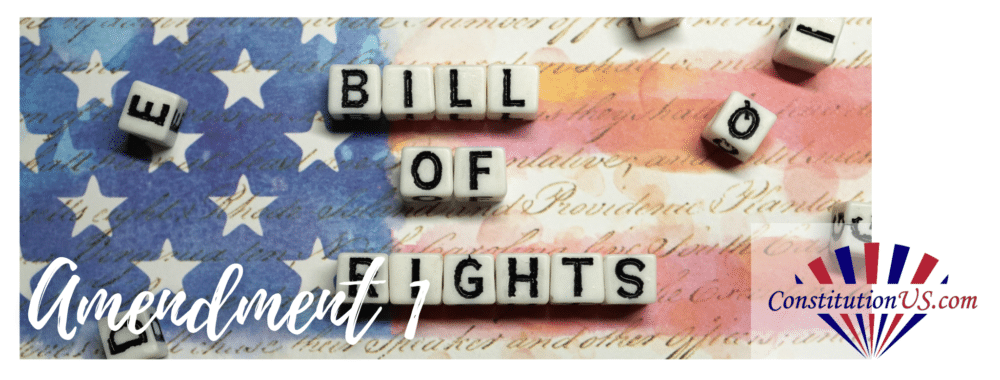
3 Responses
Gidday! I live in Australia and thanks for the interesting and inspiring discussion here.
The Constitution is such an amazing document. Would that the Judges of the Supreme Court honoured it more!
The best is yet to come.
Amen.
This article clearly explains that religion comes in many forms, and all people benefits from this Bill of right. They list “Everyone – Jews, Christians, Muslims, Mormons, Hindus, even atheists, and agnostics – benefit from freedom of religion.” It is commonly viewed by learned men that Atheism and Agnosticism, are that person’s faith there is no god. Therefore, it is classified in with religion.
In a country that welcomes all peoples of the world, it is reasonable to say one cannot force their religious beliefs on them, which is exactly what the US Supreme Court have done. Illegally stripped the right of a young couple to “pursue life, liberty, and happiness” as they begin life together in college, for example, by dictating their religious beliefs and lies regarding when “life begins” as written by experts in the field of fetal viability.
Bible thumping people who never read their Bible should read the New Testament (Heb: Chapter 8) where Paul explains that as soon as Jesus rose from the dead He became the New Covenant, making the Old Covenant (aka Testament) obsolete. It is now history, songs, and explains why God had to send Jesus to earth to save people because the Commandments failed. Not once did Jesus mention birth or abortion or suggest judging anyone, outside of their own individual church brethren. For that matter, Jesus (and the Apostles he chose to build His “church” aka believers/saints of the world) did not speak of pregnancy one way or the other. His church was to love, be non-Judgmental of those outside ones own congregation, have compassion and be charitable to those outsiders of different faiths, and to on the aware of who are false teachers as commanded in 1 John 4:1, by following the directive in 1st John letter.
I think, the Supreme Court of the US should pick up their own Bibles and get to know intimately who Jesus is and what he taught people 2025 years ago. I think it may scare them quite a bit, but in doing so it will save their souls. Peter explained the world would not be destroyed by water next time due to God’s promise; Peter said, it will be by fire next time. Is the SCOTUS ready for that? I cannot tell by what they are doing this year. I’m now wondering if the Pope is the antichrist since Catholics don’t follow Jesus’s warning about not praying to angels or statues, and think their Priests are intercessors to God and can forgive sins –– when Jesus said “I am the Truth, the Way, and the Life. No one comes to the Father except through me.”
God Bless you Dinah for your observation from Oz. I loved every visit there. And love Tones and I, as well.
I believe in the separation of church and state I believe in the constitution. Unfortunately, I’ve lost faith in the Supreme Court as a US citizen we always deal with the Democrats the Republicans, but when the Supreme Court left us down, rather lose faith in the supreme court, that is really sad.